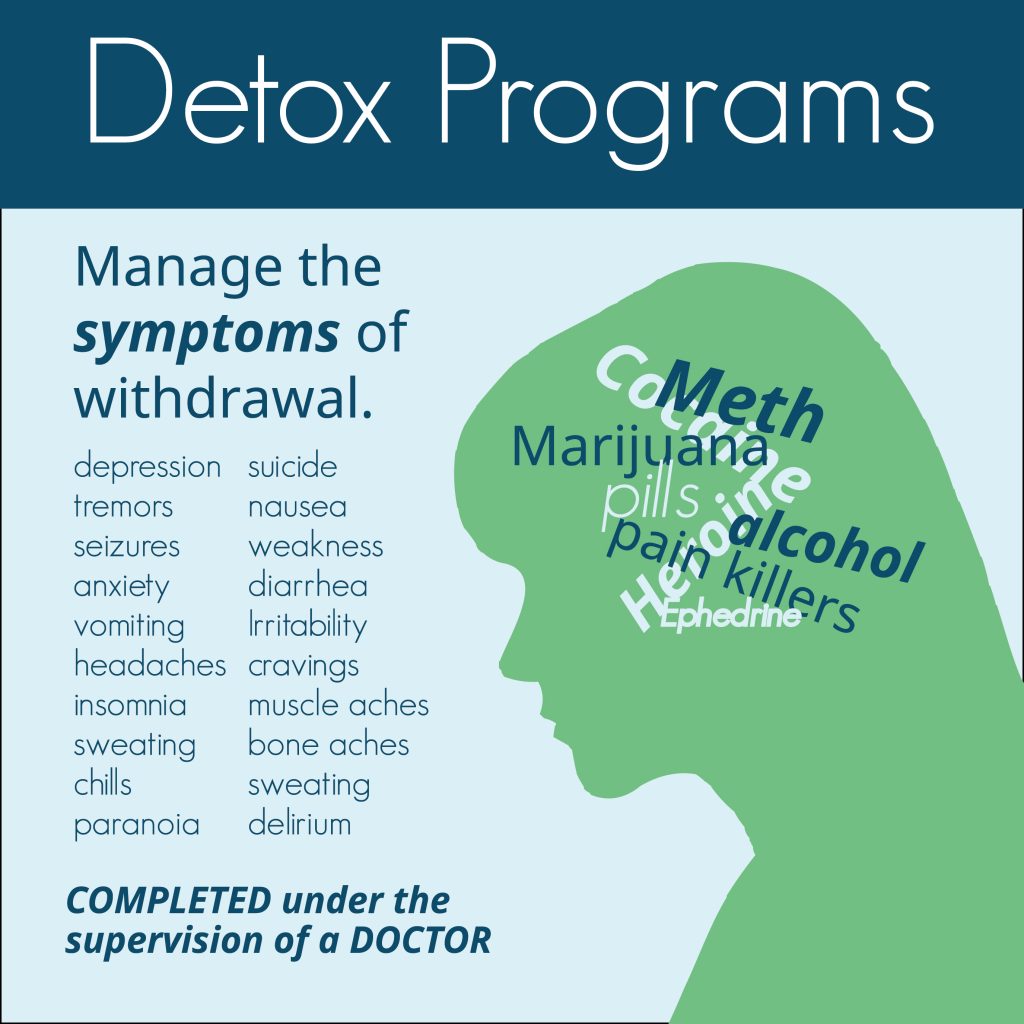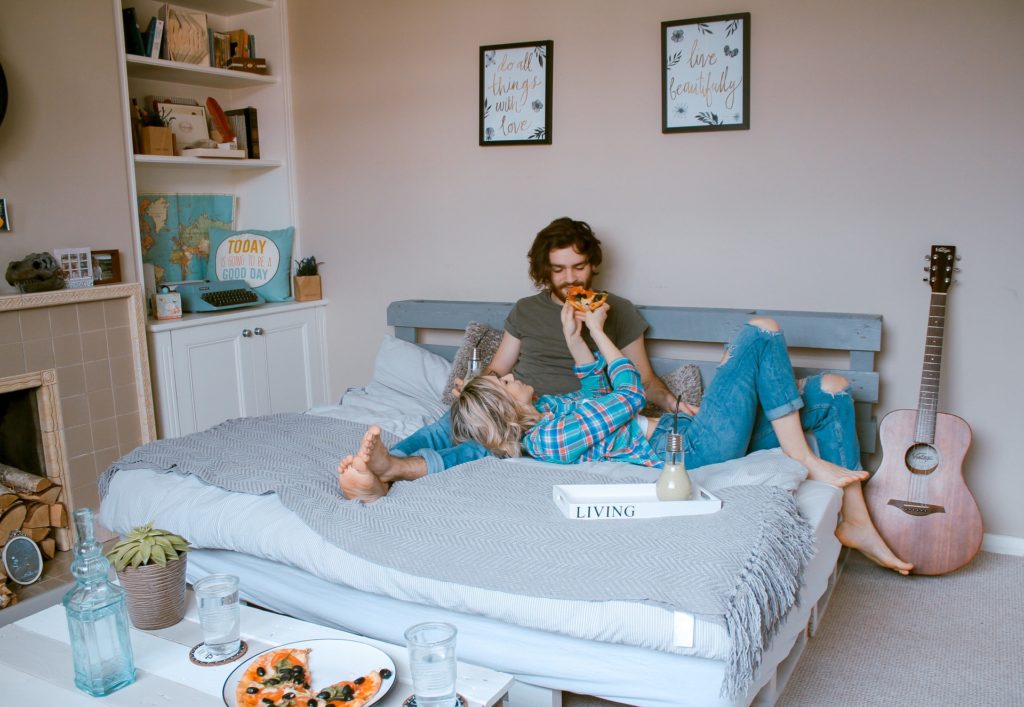Virginia Beach Detox Options In Virginia
Comprehensive Guide to Detox Options in Virginia Beach, Virginia
When considering detox options, choosing the right location and program is crucial for a successful recovery journey. Virginia Beach stands out as an excellent choice, offering a serene environment and a variety of detox programs to suit individual needs. This guide explores the different detox options available in Virginia Beach, helping you make an informed decision for yourself or your loved one.
Virginia Addiction Treatment Hotline: (888) 325-2454
Understanding Detox
Detoxification, or detox, is the process of eliminating toxic substances from the body. It’s a critical first step in overcoming addiction, providing a clean slate for further treatment. Detox can be challenging, but with the right support and environment, it can set the foundation for long-term recovery.
Types of Detox Programs
There are several types of detox programs, each catering to different needs and preferences:
- Medical Detox: Involves supervision by healthcare professionals to manage withdrawal symptoms safely.
- Holistic Detox: Focuses on natural methods, such as nutrition and exercise, to cleanse the body.
- Rapid Detox: A quicker process, typically involving anesthesia and medication.
- Outpatient Detox: Allows individuals to continue daily activities while undergoing treatment.
- Inpatient Detox: Requires staying at a facility, providing a structured and supportive environment.
Why Choose Virginia Beach for Detox
Benefits of Detoxing in Virginia Beach
Virginia Beach offers a unique blend of natural beauty and high-quality healthcare services, making it an ideal location for detox. Here are some benefits of choosing Virginia Beach:
- Serene Environment: The calming coastal scenery can help reduce stress and promote healing.
- Top-Notch Facilities: Virginia Beach boasts a range of accredited detox centers.
- Supportive Community: The local community is known for its supportive and welcoming nature, which can be beneficial during recovery.
Testimonials and Success Stories
Many individuals have found success in detoxing in Virginia Beach. Here are a few testimonials:
- “The peaceful environment of Virginia Beach helped me focus on my recovery without distractions.”
- “The medical staff at my detox center was incredibly supportive and knowledgeable.”
- “I felt at home in Virginia Beach, which made the detox process more manageable.”
Types of Detox Programs Available in Virginia Beach
Medical Detox
Medical detox is often necessary for individuals with severe addiction. It involves 24/7 supervision by healthcare professionals who can manage withdrawal symptoms and provide medications if needed.
Example Facilities Offering Medical Detox
- Virginia Beach Detox Center: Offers comprehensive medical detox services with experienced staff.
- Seaside Medical Detox: Known for its personalized care and state-of-the-art facilities.
Holistic Detox
Holistic detox programs focus on natural and alternative therapies to cleanse the body and mind. These programs may include yoga, meditation, acupuncture, and nutritional counseling.
Example Facilities Offering Holistic Detox
- Holistic Healing Center: Combines traditional and alternative therapies for a well-rounded detox experience.
- Natural Detox Clinic: Specializes in natural detox methods and personalized care plans.
Rapid Detox
Rapid detox is a faster detox method that usually involves anesthesia and medication to speed up the process. This method is typically reserved for those with severe addiction who need a quick detox.
Example Facilities Offering Rapid Detox
- Rapid Recovery Clinic: Offers rapid detox services with a focus on patient safety and comfort.
- Quick Detox Center: Provides a fast and effective detox process with experienced medical staff.
Outpatient vs. Inpatient Detox
Choosing between outpatient and inpatient detox depends on the individual’s needs and circumstances.
Outpatient Detox
- Pros: Allows for continuation of daily activities, lower cost, flexible scheduling.
- Cons: Less supervision, potential for relapse.
- Example Facility: Outpatient Detox Clinic – Offers flexible scheduling and personalized care plans.
Inpatient Detox
- Pros: Structured environment, constant supervision, higher success rates.
- Cons: Higher cost, requires staying at the facility.
- Example Facility: Inpatient Detox Center – Provides a supportive and structured environment for detox.
Key Features to Look for in a Detox Facility
When choosing a detox facility, consider the following features:
- Accreditation and Licensing: Ensure the facility is accredited and licensed to provide detox services.
- Qualified Medical Staff: Look for facilities with experienced and qualified healthcare professionals.
- Individualized Treatment Plans: Personalized care plans can address specific needs and increase the chances of success.
- Aftercare and Support Services: Continuous support after detox is crucial for long-term recovery.
Top Detox Facilities in Virginia Beach
Virginia Beach Detox Center
- Location: Virginia Beach, VA
- Services: Medical detox, counseling, aftercare support.
- Reviews: “The staff was incredibly supportive and the facility was top-notch.”
Seaside Medical Detox
- Location: Virginia Beach, VA
- Services: Medical detox, holistic therapies, personalized care plans.
- Reviews: “I felt very well taken care of, and the holistic approach was very effective.”
Holistic Healing Center
- Location: Virginia Beach, VA
- Services: Holistic detox, yoga, meditation, nutritional counseling.
- Reviews: “The holistic methods used here made my detox experience very positive.”
Natural Detox Clinic
- Location: Virginia Beach, VA
- Services: Natural detox methods, personalized care, supportive environment.
- Reviews: “The natural detox approach helped me cleanse my body and mind.”
Costs and Insurance Coverage for Detox Programs
Average Costs of Detox Programs
The cost of detox programs in Virginia Beach can vary widely based on the type of program and the facility. On average, you can expect to pay:
- Medical Detox: $500-$1,500 per day
- Holistic Detox: $300-$800 per day
- Rapid Detox: $3,000-$10,000 for the entire program
- Outpatient Detox: $100-$500 per session
- Inpatient Detox: $5,000-$20,000 for a 30-day program
Insurance Coverage and Options
Most detox facilities accept insurance, which can significantly reduce out-of-pocket costs. It’s important to verify with your insurance provider what detox services are covered and to what extent.
Tips for Managing Costs
- Check Insurance: Confirm what is covered by your insurance plan.
- Look for Sliding Scale Fees: Some facilities offer sliding scale fees based on income.
- Seek Financial Assistance: Many facilities offer financial aid or payment plans.
Preparing for Detox
Steps to Take Before Entering a Detox Program
- Consult a Healthcare Professional: Get a medical evaluation to determine the best detox plan for you.
- Arrange Time Off: Plan for time away from work or other responsibilities.
- Inform Loved Ones: Let family and friends know about your plans so they can provide support.
What to Expect During Detox
Detox can vary depending on the type of program and the individual’s situation. Common experiences include:
- Withdrawal Symptoms: Symptoms such as nausea, headaches, and anxiety are common.
- Medical Supervision: Healthcare professionals will monitor your progress and provide medications if necessary.
- Support Services: Counseling and therapy sessions are often part of the detox process.
Tips for a Successful Detox Experience
- Stay Hydrated: Drink plenty of water to help flush toxins from your body.
- Follow Instructions: Adhere to the guidelines provided by the detox facility.
- Seek Support: Lean on friends, family, and support groups for encouragement.
Aftercare and Ongoing Support
Importance of Aftercare
Aftercare is crucial for maintaining sobriety after detox. It provides continuous support and helps individuals navigate challenges that may arise post-detox.
Types of Aftercare Services Available
- Support Groups: Groups like Alcoholics Anonymous (AA) and Narcotics Anonymous (NA) offer community support.
- Therapy: Ongoing therapy can help address underlying issues and prevent relapse.
- Sober Living Homes: These provide a structured environment for individuals transitioning from detox to regular life.
Local Resources in Virginia Beach for Ongoing Support
- Virginia Beach Recovery Center: Offers a range of aftercare services, including support groups and therapy.
- Sober Living Virginia Beach: Provides a supportive living environment for those in recovery.
Local and State Government Resources for Substance Abuse and Mental Health
Virginia State Resources
- Virginia Department of Behavioral Health and Developmental Services (DBHDS)
- Website: dbhds.virginia.gov
- Description: DBHDS provides comprehensive information and resources on mental health, substance use disorder services, and developmental services. They offer guidance on accessing treatment, crisis services, and support for individuals and families.
- Virginia Department of Health (VDH) – Behavioral Health Services
- Website: vdh.virginia.gov
- Description: VDH offers resources on behavioral health, including mental health and substance abuse prevention and treatment. They provide information on state-funded programs and initiatives aimed at improving behavioral health outcomes.
- Virginia Association of Community Services Boards (VACSB)
- Website: vacsb.org
- Description: VACSB represents Community Services Boards and Behavioral Health Authorities across Virginia, providing access to mental health, developmental, and substance abuse services. Their site offers a directory of local services and support options.
Local Resources in Virginia Beach
- Virginia Beach Department of Human Services – Behavioral Health Division
- Website: vbgov.com
- Description: This local department provides a range of behavioral health services, including mental health support, substance abuse treatment, and crisis intervention. They offer outpatient services, case management, and community-based support.
- Virginia Beach Crisis Intervention Team (CIT)
- Website: vbgov.com
- Description: The CIT program trains law enforcement officers and other first responders to handle crises involving individuals with mental illness or substance use disorders. They aim to improve safety and access to treatment.
- Virginia Beach Behavioral Health Crisis Services
- Website: vbgov.com
- Description: Provides immediate assistance for individuals experiencing a mental health or substance use crisis. Services include mobile crisis teams, crisis stabilization units, and emergency mental health assessments.
National Government Resources
- Substance Abuse and Mental Health Services Administration (SAMHSA)
- Website: samhsa.gov
- Description: SAMHSA is a national agency that provides comprehensive resources on substance abuse and mental health. They offer treatment locators, funding opportunities, educational materials, and support for individuals and families.
- National Institute on Drug Abuse (NIDA)
- Website: drugabuse.gov
- Description: NIDA provides scientific research and resources on drug abuse and addiction. They offer information on treatment options, research findings, and educational resources for professionals and the public.
- MentalHealth.gov
- Website: mentalhealth.gov
- Description: A comprehensive resource providing information on mental health conditions, treatment options, and support services. The site includes a treatment locator and resources for individuals, families, and professionals.
These local and state government resources provide valuable information and support for those dealing with substance abuse and mental health issues. Whether you’re seeking treatment options, crisis intervention, or educational materials, these resources can help guide you towards the right services and support.
Frequently Asked Questions (FAQ)
What is the success rate of detox programs in Virginia Beach?
Success rates vary depending on the program and individual commitment. Many facilities report high success rates, especially when aftercare support is utilized.
How long does the detox process take?
The detox process can take anywhere from a few days to a couple of weeks, depending on the individual’s condition and the type of detox program.
Can I visit family during detox?
Policies vary by facility. Inpatient programs in Virginia often have restrictions, while outpatient programs allow more flexibility.
Is detox painful?
Detox can be uncomfortable, but medical supervision and support can help manage withdrawal symptoms effectively.
What should I bring to a detox facility?
Most facilities provide a list of recommended items, typically including comfortable clothing, personal hygiene products, and any prescribed medications.
In Closing
Detoxing in Virginia Beach offers a unique combination of high-quality healthcare and a serene environment conducive to recovery. With various detox options available, individuals can find a program that suits their needs and start their journey towards a healthier, sober life. If you or a loved one is considering detox, take the first step today and explore the comprehensive detox options in Virginia Beach.
For more information or to get started, contact one of the top detox facilities in Virginia Beach listed in this guide. Your path to recovery begins here.














Recent Comments